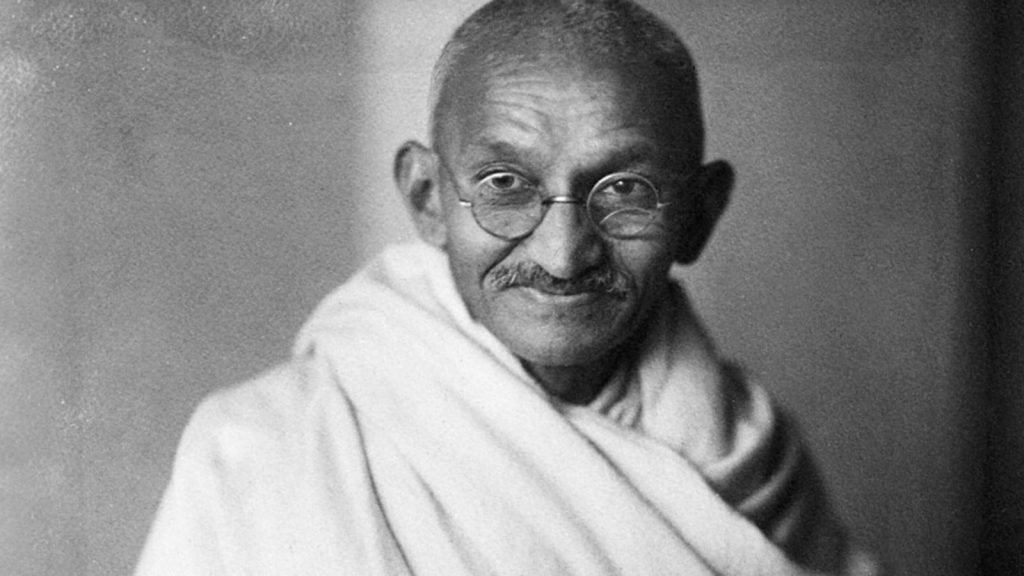‘Martyr’s Day’ This day marks the death anniversary of Mohandas Karamchand Gandhi, or Mahatma Gandhi. On this day, India pays homage to the freedom fighters who laid down their lives for the freedom of India from the oppressive British rule.

Why Martyr’s Day is celebrated only on 30th January?
Mahatma Gandhi is considered as the father of the nation. He led India’s struggle for independence and is respected by all for his non-violent approach against the British Raj. However, there were many who opposed Gandhi’s views and blamed him for the partition of India.
On January 30, 1948, exactly five months after India gained independence, Gandhi was shot thrice during a prayer meeting at the Birla House complex in New Delhi. He was 78 years old. He was assassinated by Nathuram Godse. Gandhi died on the spot.
Since then, India observes the day as ‘Martyr’s Day’ to mourn the loss of its greatest freedom fighter.
How is ‘Martyr’s Day’ celebrated?
Every year on this day, the President, the Vice President, the Prime Minister, the Defense Minister and the three service chiefs—Army, Air Force and Navy—pay homage at the memorial of Mahatma Gandhi at Raj Ghat in Delhi.
As per the instructions of the government, a two-minute silence is observed in the states and union territories on January 30 in the memory of the martyred freedom fighters.
People across India celebrate seven Martyrs’ Days in a year. This day is celebrated to honor the martyrs of the nation.
The seven days are: 30 January, 23 March, 19 May, 21 October, 17 November, 19 November and 24 November.
Whom does Gandhi represent?
Gandhi is a symbol of non-violence. Many leaders of the world consider him as their inspiration.
Martin Luther King Jr., leader of the African-American civil rights movement, Nelson Mandela, great leaders of the South African people, the Dalai Lama, and Albert Einstein, among many, respect Gandhi.
Gandhi’s philosophy is based on three principles: non-violence, the fight for truth (Satyagraha) and personal and political freedom (Swaraj).
In his fight for peace, he sought advice from the teachings of the Buddha and the Prophet Muhammad.
Gandhi believed that pure faith could unite people of different religions. “I can see that life continues even in the midst of death. Truth persists in the midst of falsehood. Light persists even in the midst of darkness. Therefore, I gather that God is life, truth, light. That love He is the supreme good.

